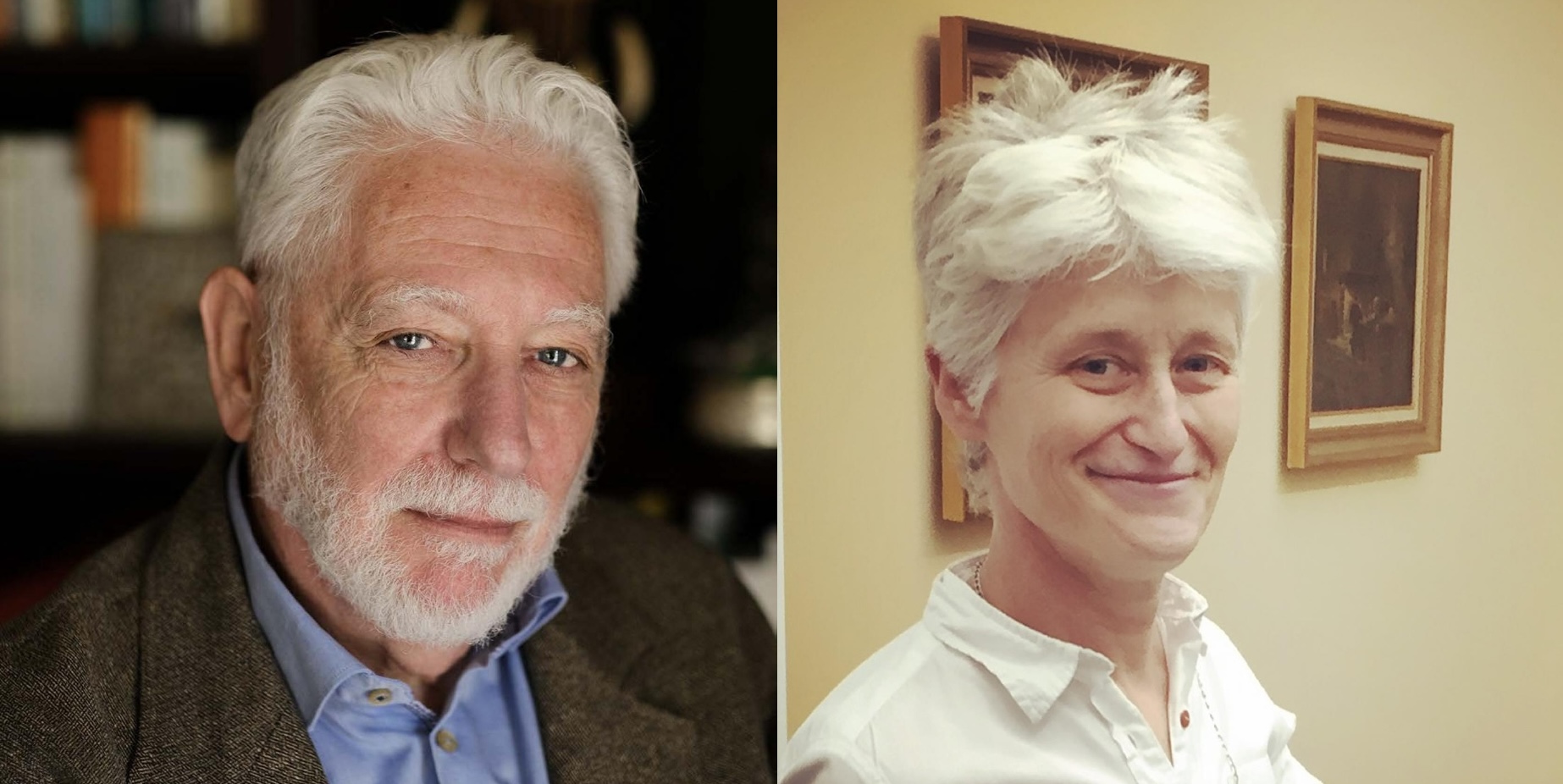Forms of the Visible: An Evening with Distinguished Anthropologist Philippe Descola
Panel Discussion

Credit: DR
On September 26, join us for an evening with distinguished anthropologist Philippe Descola, as he discusses his upcoming book, “Forms of the Visible” (trans. by Catherine Porter, Polity).
Descola will be joined by Elizabeth A. Povinelli, a renowned Professor of Anthropology and Gender Studies at Columbia University.
Philippe Descola compares a wide variety of visual images and artworks, establishing the theoretical foundations for an anthropology of figuration. He examines works ranging from Alaskan Yup’ik masks and Aboriginal bark paintings to miniature landscapes from the Song dynasty and Dutch Golden Age interior scenes. Each image, through what it shows or fails to show, reveals a distinct figurative regime, identifiable by its formal means and the devices that empower it to act. Our perception and imagination are shaped by habitual discernment, and the visual pathways we navigate depend on our position within the four regions of the ontological archipelago: animism, naturalism, totemism, and analogism. Each of these regions corresponds to a specific way of understanding the objects that constitute the world, as well as how we perceive the continuities and discontinuities within it, including the boundaries between humans and non-humans.
This event is in English and free with RSVP. Click here to register.
The event is organized by Villa Albertine in partnership with Columbia University, and is a part of the 2025 Literary Fall program.
On September 25 at 6:30 PM, Professor Descola will be lecturing at Columbia University’s Maison Française as part of the Eugene Sheffer Distinguished Speakers series. Please find more information here.
Phillippe Descola is one of the leading figures in contemporary anthropology and a Professor Emeritus at the Collège de France. After conducting research under Claude Lévi-Strauss’s supervision, his fieldwork among the Achuar communities in the Amazon significantly influenced the field. Descola has developed a comparative anthropology of human-non-human relations that has transformed both human sciences and our understanding of the pressing ecological issues of our time. He is the author of several significant works, including modern classics such as “Beyond Nature and Culture” (trans. by Janet Lloyd, University of Chicago Press), “The Composition of Worlds: (trans. by Ninon Vinsonneau and Jonathan Magidoff, Polity) and “Forms of the Visible” (trans. by Catherine Porter, Polity).
Elizabeth A. Povinelli is the Franz Boas Professor of Anthropology and Gender Studies at Columbia University, where she has also been the Director of the Institute for Research on Women and Gender and the Co-Director of the Centre for the Study of Law and Culture. She is also Corresponding Fellow of the Australian Academy of the Humanities and a founding member of the Karrabing Film Collective. Prof. Povinelli is the author of numerous monographs and essays, including Geontologies, A Requiem to Late Liberalism (Duke University Press, 2016), in which she challenges a model of governance that is rooted in the separation of Life and Nonlife, a regime she refers to as “geontology” and defines as central to how late liberal societies are built.
In partnership with

Columbia Maison Française
For more than a century, the Columbia Maison Française has been a leader in fostering intellectual and cultural exchange between the United States and France, Europe, and the French-speaking world. The rich program of events at the Maison Française generates debate, spotlights original scholarship, promotes exchange across disciplines at Columbia and beyond, and contributes to international and cross-cultural understanding in an increasingly global world.
Learn more
